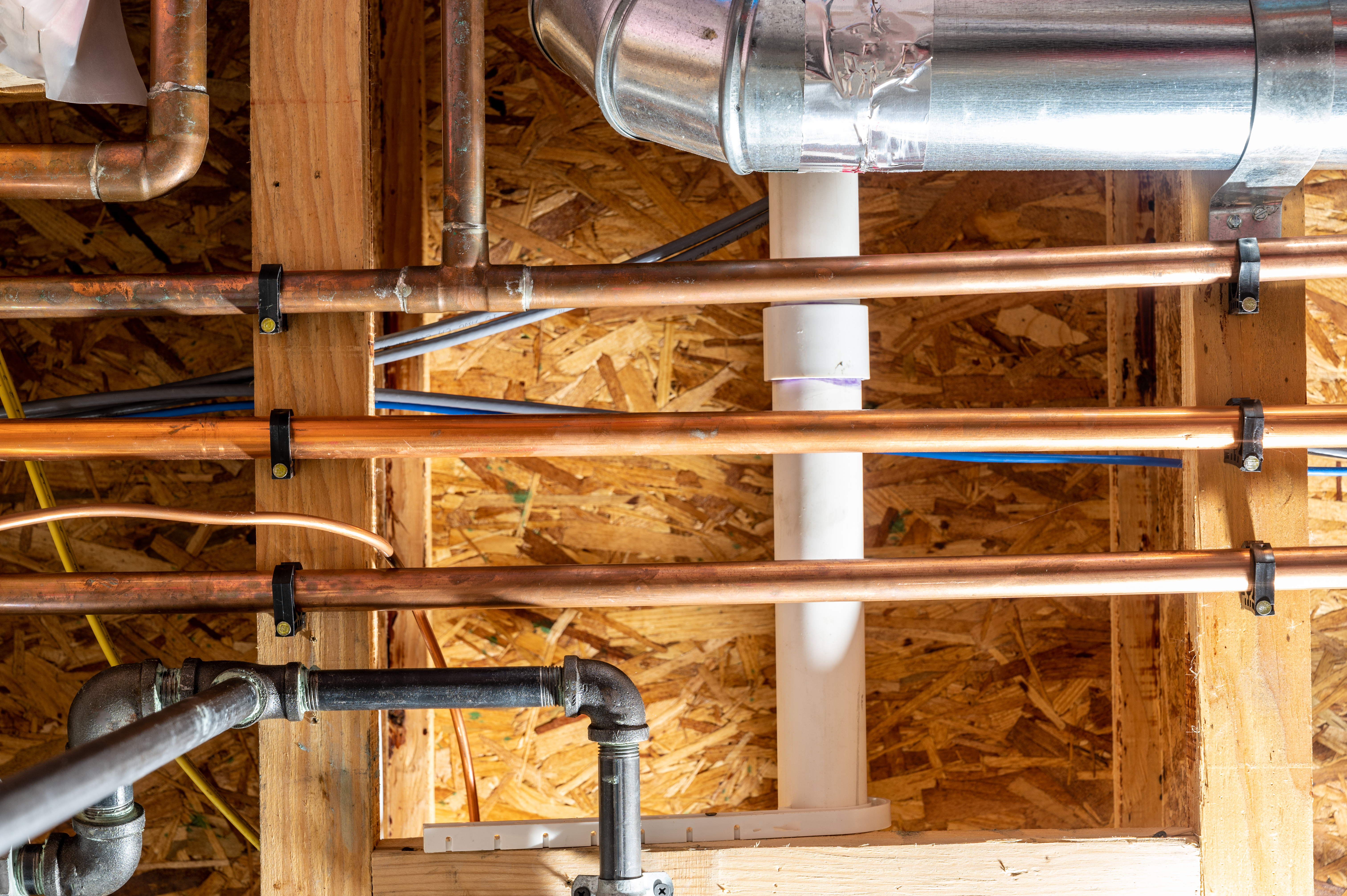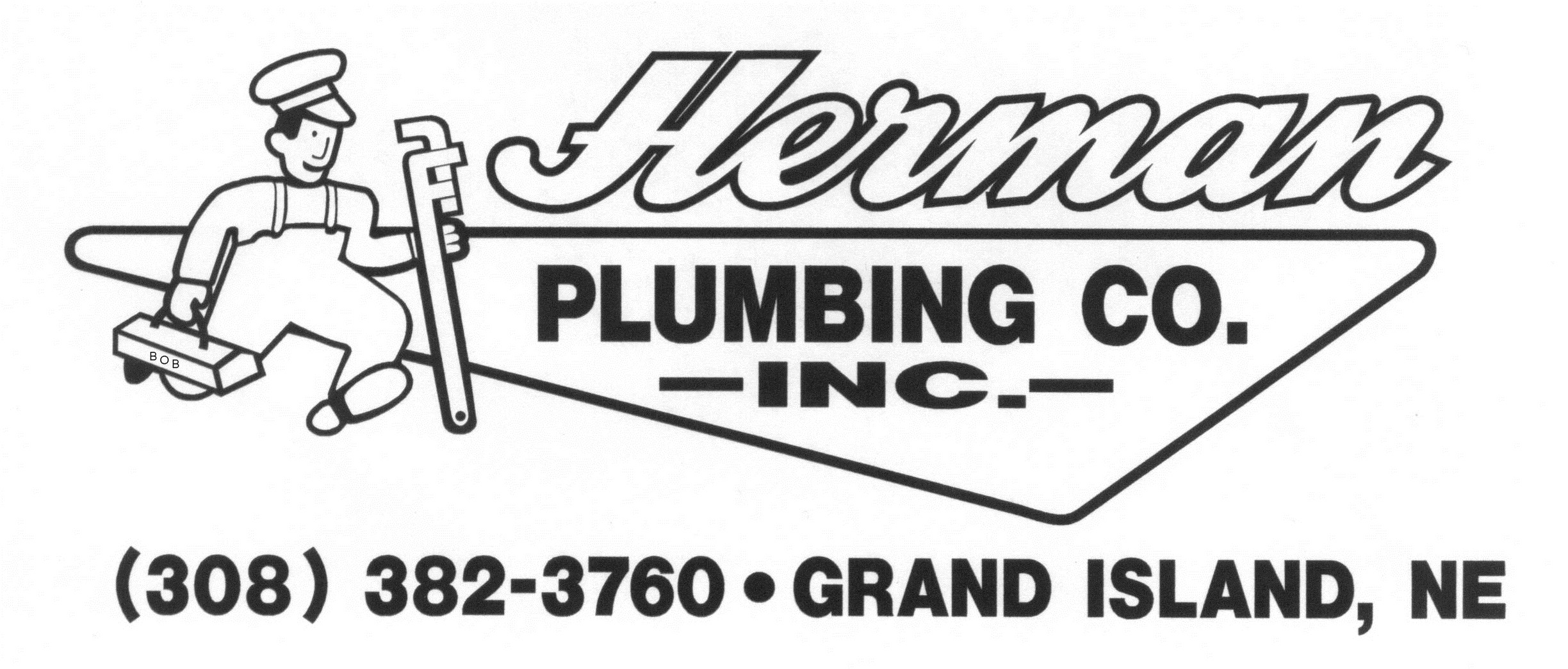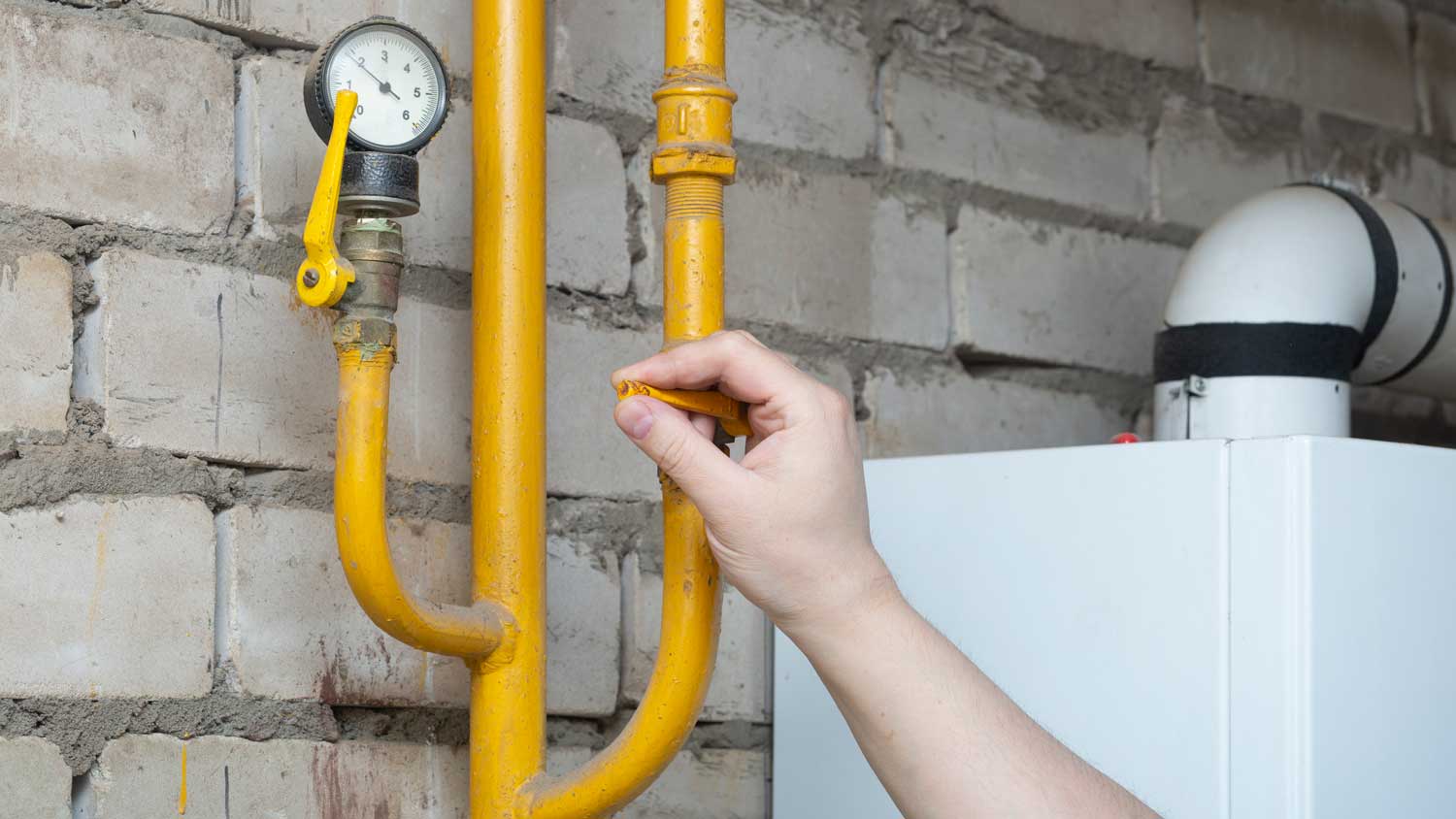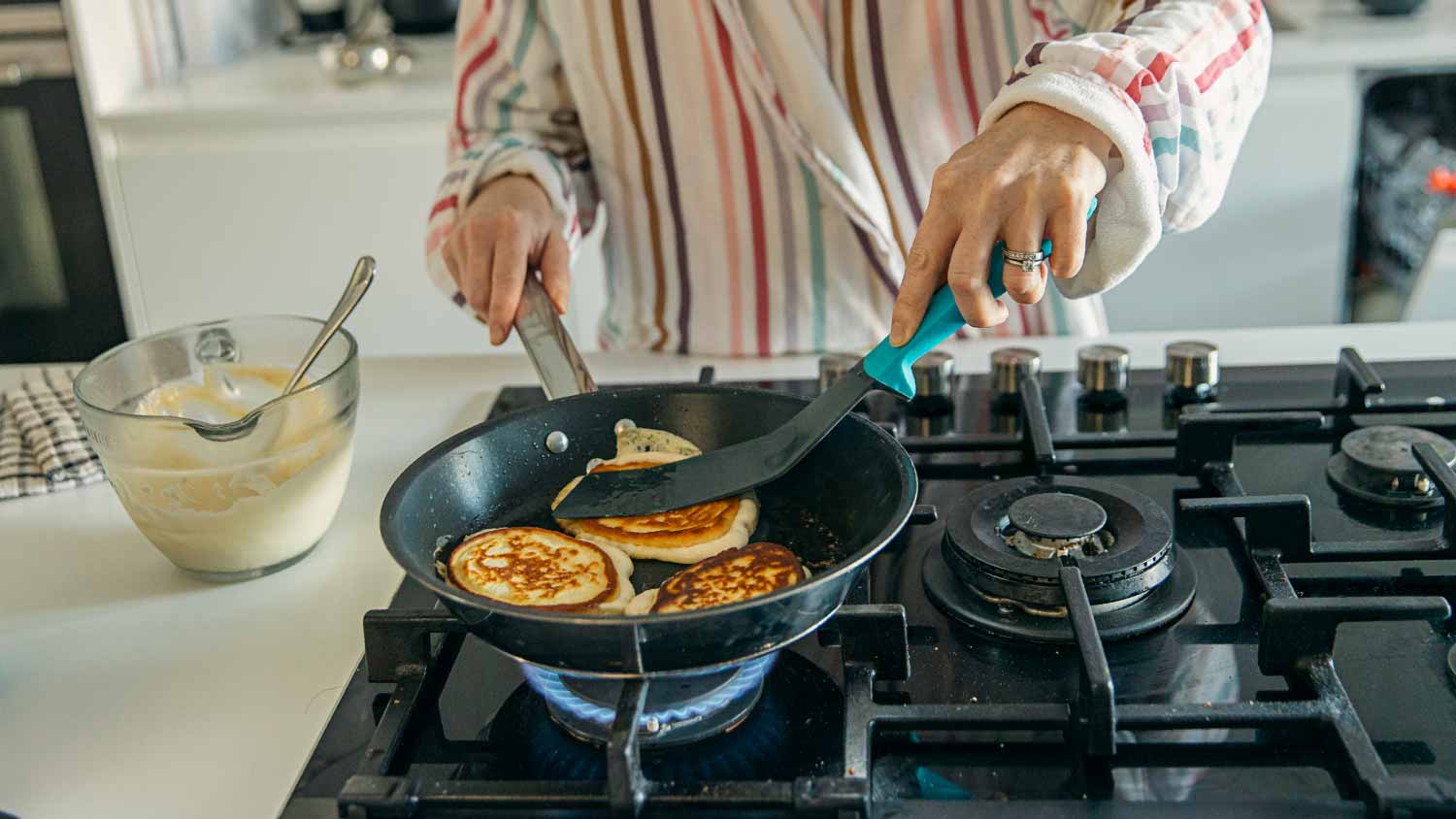
Get matched with top gas leak repair technicians in Blue Hill, NE
Enter your ZIP and get matched with up to 5 pros
Need a pro for your gas leak repair project in Blue Hill, NE?
Verified Reviews for Gas Leak Repair pros in Blue Hill, NE
*The Angi rating for Gas Leak Repair companies in Blue Hill, NE is a rating based on verified reviews from our community of homeowners who have used these pros to meet their Gas Leak Repair needs.
*The HomeAdvisor rating for Gas Leak Repair companies in Blue Hill, NE is a rating based on verified reviews from our community of homeowners who have used these pros to meet their Gas Leak Repair needs.
Last update on December 06, 2025
Find Gas leak repair technicians in Blue Hill

Herman Plumbing Co Inc
Herman Plumbing Co Inc
Herman Plumbing Co., Inc. has been providing continous service to the Grand Island area for 76 years. We have a dedicated staff of 16 employees to assist in resolving your plumbing issues.
"Very professional! They have done two different jobs. The first was a problem with my sewer line backing up. They found that it was full of tree roots. The plumber worked for hours cutting through the roots. It was a long, hard job and he was determined to get it cleaned out. The second job was to clean the kitchen drain. Obviously, the previous owner dumped lots of grease down the drain. It was a lot to clean out. The cost wasn't bad considering that the tree roots ended up being a day and a half project."
Candi S on June 2020
Herman Plumbing Co., Inc. has been providing continous service to the Grand Island area for 76 years. We have a dedicated staff of 16 employees to assist in resolving your plumbing issues.
"Very professional! They have done two different jobs. The first was a problem with my sewer line backing up. They found that it was full of tree roots. The plumber worked for hours cutting through the roots. It was a long, hard job and he was determined to get it cleaned out. The second job was to clean the kitchen drain. Obviously, the previous owner dumped lots of grease down the drain. It was a lot to clean out. The cost wasn't bad considering that the tree roots ended up being a day and a half project."
Candi S on June 2020
King's Plumbing
King's Plumbing
Small family owened shop that provides all the services of a large plumbing shop and more.
Small family owened shop that provides all the services of a large plumbing shop and more.
A-1 REFRIGERATION HEATING AIR
A-1 REFRIGERATION HEATING AIR
Factory Authorized Carrier Dealer. We service all brands.
Factory Authorized Carrier Dealer. We service all brands.
The Blue Hill, NE homeowners’ guide to gas leak repairs
From average costs to expert advice, get all the answers you need to get your job done.

Find costs to repair a gas line and plan your budget based on the problem, from excavating for a new line to making a minor repair to an existing one.

Whether it's time for pipe replacement or to hook up the range of your dreams, gas line installation cost is an important line in your budget. Let's take a look.

A rotten egg smell in your house can come from several sources, including gas lines, drainpipes, and drywall. Keep reading to learn the causes and solutions.

Understanding the signs of a gas leak in your house can keep your family safe. Know what to look out for and what to do if you suspect signs of a gas leak.

Figuring out which pipes are for gas lines can seem overwhelming at first, but here are the six best options for your home.

Choosing the right pipe type for your gas lines can help ensure the safe use of your gas appliances. Find out if you can use galvanized pipe for gas in this guide.
- Hastings, NE Gas leak repair technicians
- Juniata, NE Gas leak repair technicians
- Doniphan, NE Gas leak repair technicians
- Shelton, NE Gas leak repair technicians
- Wood River, NE Gas leak repair technicians
- Gibbon, NE Gas leak repair technicians
- Alda, NE Gas leak repair technicians
- Grand Island, NE Gas leak repair technicians
- Kearney, NE Gas leak repair technicians
- Cairo, NE Gas leak repair technicians
- Concrete Repair in Blue Hill
- Tree Service in Blue Hill
- Fencing in Blue Hill
- Locksmiths in Blue Hill
- Land Surveying in Blue Hill
- Kitchen And Bath Remodeling in Blue Hill
- Roof Ice And Snow Removal in Blue Hill
- Sewer Cleaning in Blue Hill
- Cleaning in Blue Hill
- Roofing in Blue Hill
- Tree Service in Blue Hill
- Fencing in Blue Hill
- Kitchen And Bath Remodeling in Blue Hill
- Siding in Blue Hill
- Electrical in Blue Hill
- Lawn And Yard Work in Blue Hill
- Garage Doors in Blue Hill
- Concrete Repair in Blue Hill
- Windows in Blue Hill
- Cleaning in Blue Hill
- Flooring in Blue Hill
- Exterior Painting in Blue Hill
- Air Duct Cleaning in Blue Hill
- Pest Control in Blue Hill
- Concrete Driveways in Blue Hill
- Gutter Cleaning in Blue Hill
- Pressure Washing in Blue Hill
- Landscaping in Blue Hill
- Leaf Removal in Blue Hill
- Epoxy Flooring in Blue Hill
- 🌱 "Mow a small front yard"
- 🛠 "Fix a leaking pipe under the sink"
- 🏠 "Repair shingles on an asphalt roof"




